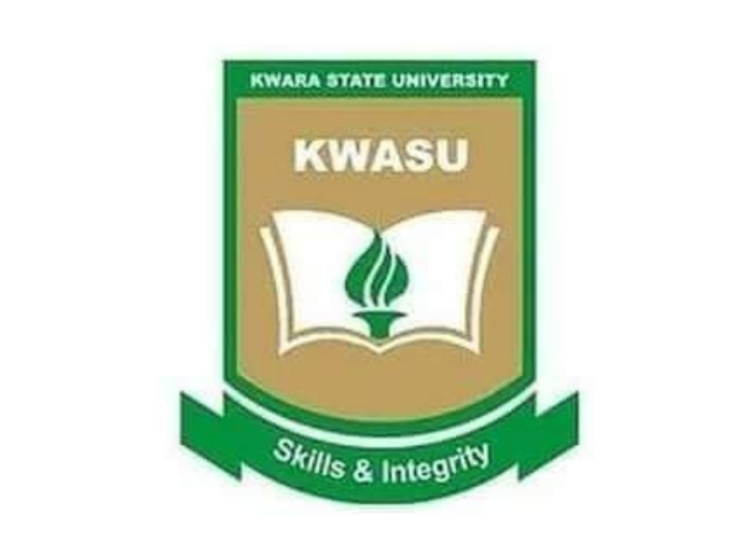Kwara State University (KWASU), Malete, has organised a training programme for women farmers on how to mitigate the effects of climate change on agricultural practice.
The university also provided non- cash revolving facilities for the 90 women farmers that participated in the programme, held at the institution’s International Conference Centre in Ilorin, the state capital.
The institution organised the training programme in collaboration with Olayinka Yusuf of the Gender and Responsible Artificial Intelligence Network (GRAIN).
One of the resource persons at the training programme tagged, “Artificial Intelligence For Women In Agriculture (AI4WIA),” Dr Olatunji Yusuf of the Agricultural Economy Department of KWASU, said the university organised the programme to train the women farmers on artificial intelligence needed to mitigate the effects of climate change on agricultural production.
“Agriculture in Africa is rain- dependent and rain has become erratic because of change in weather. Therefore, there is the need for adequate planning to mitigate the effects of erratic rainfall due to climate change on agricultural production.
“This is the main reason why our university deemed it fit to inculcate artificial intelligence in our women farmers to enable them farm effectively. Our focus is on women farmers because of the role they play in the family and community,” Yusuf explained.
He disclosed plans by the university to empower the women farmers through clearing of farmlands and provision of other facilities, adding that,” it will be a non- cash revolving facility.”
Two of the women farmers, Mrs Taiwo Dorcas, a staff of the state’s Ministry of Agriculture, and Kwara State coordinator for small scale women farmers organisation in Nigeria, Alhaja Bose Anifowose, thanked the management of KWASU for their interest in the progress of women farmers.
Mrs Taiwo, whose farm is located at Amoyo in Ifelodun local government area of the state said, “I’m delighted about this programme. This will change our perspective about farming and will increase our production.”
Mrs Anifowose expressed delight over the training programme for women farmers.
“Due to climate change, the NIMET’s prediction on rainfall may not work at times. We have learned more about climate change at this programme and it will yield a very big result in our outputs as farmers. We shall also transfer the knowledge gained here to our colleagues who were not in attendance,” she stated.





